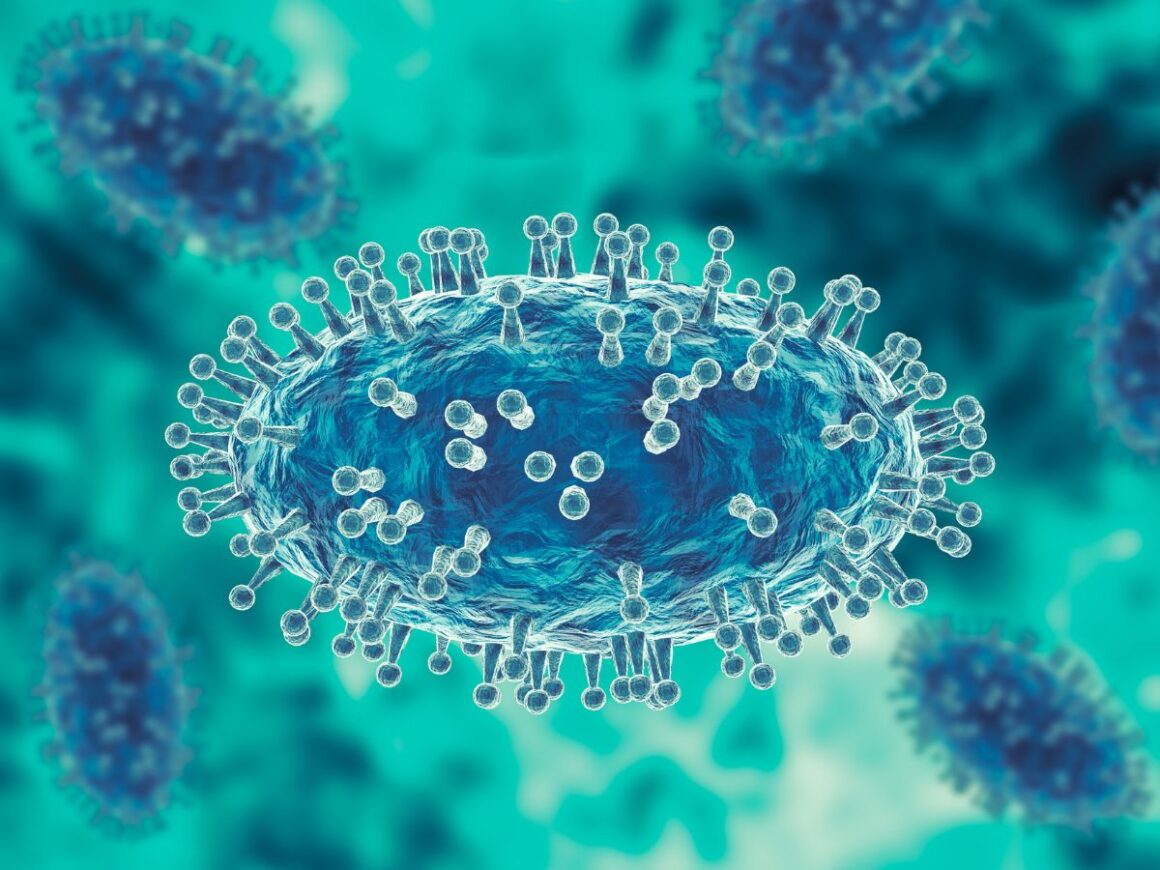A new and highly infectious strain of fungus has health officials on high alert after a man from New York, in his 30s was found to have contracted sexually transmitted ringworm, the first ever reported case in the country.
Speaking to the media, Dr Avrom S Caplan, an assistant professor in NYU Grossman School of Medicine’s dermatology department, sid, “Healthcare providers should be aware that Trichophyton mentagrophytes type VII [TMVII] is the latest in a group of severe skin infections to have now reached the United States”,” said”.
Dr Caplan, along with a co-author, recently published a case study about a man who contracted TMVII and got rashes on his genital area, buttocks, and limbs.
Sexually Transmitted Virus: Trichophyton mentagrophytes type VII: Everything You Need To Know
The skin infection this New Yorker contracted, known as Trichophyton mentagrophytes type VII [TMVII], is a new entrant to the US. It’s grabbed the attention of health professionals, including Dr. Avrom S Caplan from NYU Grossman School of Medicine’s dermatology department, who emphasizes its significance.
This discovery of sexually transmitted fungal infection in New York city is a red flag, echoing concerns about the spread and impact of such elusive infections. TMVII, with its potential to cause severe skin infections, calls for alertness in healthcare providers and the public as well.
According to the media reports, the incidence of TMVII has been increasing in Europe, particularly among men who have sex with men. The person in the study had travelled to England, Greece, and California, where he engaged in sexual activities with men, none of whom reported having similar skin conditions.
“Since patients are often reluctant to discuss genital problems, physicians need to directly ask about rashes around the groyne and buttocks, especially for those who are sexually active, have recently travelled abroad, and report itchy areas elsewhere on the body,” study senior author Dr John G Zampella advised.

